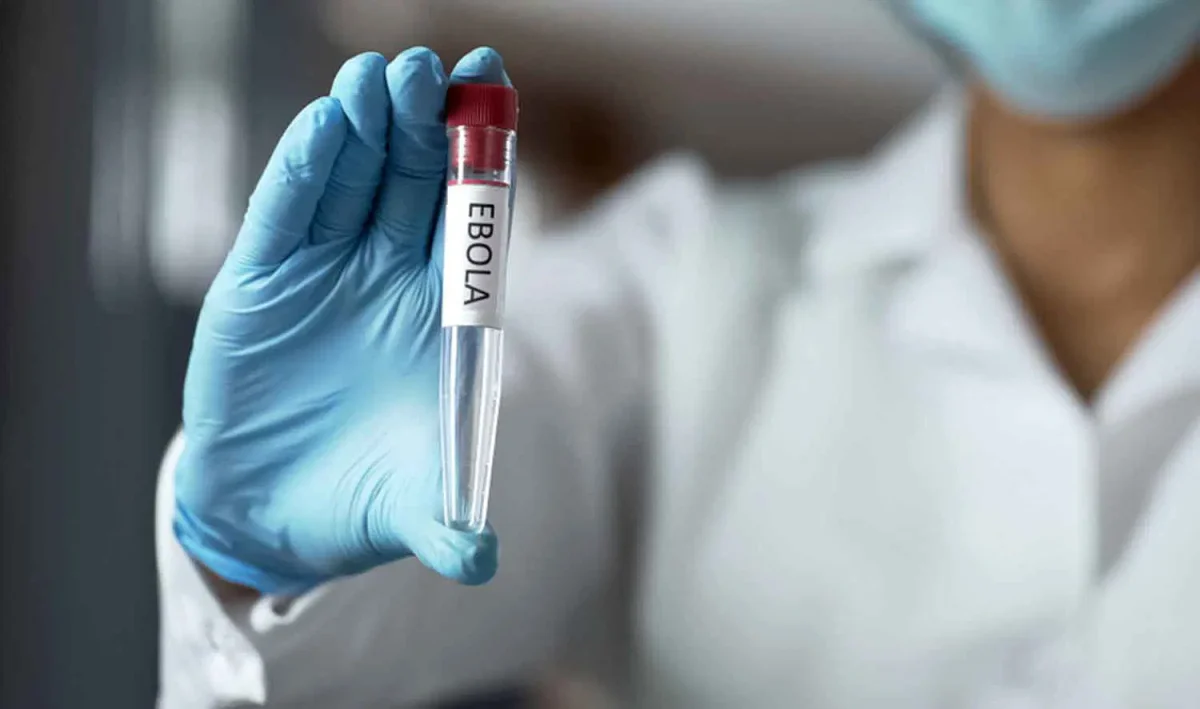By Kazeem Biriowo
Copyright tribuneonlineng

The Federal Capital Territory (FCT) has issued a public health warning, urging residents to immediately report any suspected Ebola cases to the authorities, as this call to action aims to prevent the spread of the disease and ensure timely medical intervention.
The Federal Capital Territory Administration on Friday assured residents that its disease surveillance is heightened across Abuja and called on residents to remain vigilant and report suspected cases of Ebola virus disease to the right authorities.
The Mandate Secretary for Health Services and Environmental Secretariat, Dr Adedolapo Fasawe, made the call on Friday in Abuja at a press briefing, stressing that the FCT health system and the Nigeria Centre for Disease Control and Prevention are fully alert and prepared to respond to any suspected outbreak.
While speaking further, Fasawe also reassure the public that the FCT surveillance system is active and effective, saying, “If we were not paying attention, this case would have slipped through. Our response was immediate, and the protocols worked as expected.
“Our emergency operating system responded promptly. We have standard operating protocols on what to do and how to do it before we go to the general public so as not to cause unnecessary panic, which can trigger a lot of situations that will lead to negative effects, as we have almost gotten now.”
The Mandate Secretary commended the patient for seeking care early, the Nisa Premier Hospital, Abuja, for raising the alert, noting that such actions were critical in preventing disease spread.
She reminded residents that not every fever is malaria and urged both the public and private health facilities to report suspicious symptoms without delay.
“I am also using this opportunity to talk to all private establishments. We know the signs and symptoms of Ebola. I want to say here that every fever is not malaria. We do not have Ebola in Nigeria as we speak. The case we are talking about—samples were taken and within six hours the results were out, and it is nearly easy. However, our protocol doesn’t end there.
“Our surveillance system has the right to let the general public know and start taking precautions, start doing contact tracing. We went as far as getting the manifest of everybody on that flight. I want to also commend the NCDC for working very closely with FCTA,” she noted.
She advised residents to avoid spreading unverified information, stressing that panic could do more harm than good.
“For any suspected case, our Emergency Operating Centre is active 24 hours. The toll-free number 6232 is available for individuals, private hospitals, and the press.
“We have social media, we have Instagram, and YouTube. We also have the FCT Emergency Operations Centre. This protocol is also an effective tool in getting the required information and spreading the information.
“Our borders have been strengthened to identify cases. I am advising the general public, please report to the nearest general hospital with any symptoms at all,” she said.
Also speaking, the FCT Epidemiologist, Dr Lukman Lawal, disclosed that following national and FCT protocols, the response system was immediately activated, relevant authorities were notified, and samples were collected.
He added that the team also began contact tracing to track the patient’s movements and identify people he may have been in contact with.
He assured that the FCTA is committed to ensuring the safety and health of everyone in the territory.
This comes amid public concern and speculation following reports of suspected viral hemorrhagic fever cases in Abuja.
The NCDC also confirmed that two recent suspected cases of viral hemorrhagic fever in Abuja have tested negative for both Ebola Virus Disease and Marburg Virus.
The centre added that tests are ongoing for other hemorrhagic fevers, including Lassa fever and dengue fever.
Ebola Virus Disease, formerly known as Ebola Hemorrhagic Fever, is a severe, often deadly disease caused by the Ebola virus, with a fatality rate of 25–90 per cent.
People become infected with Ebola either through contact with infected live or dead animals (usually following butchering, cooking, or eating) or through contact with the body fluids of infected humans.
Most cases are caused by human-to-human transmission, which occurs when blood, bodily fluids, or secretions (stool, urine, semen) of infected people enter a person’s body through broken skin or mucous membranes.
Ebola symptoms vary, but commonly experienced symptoms include the sudden onset of fever, intense weakness, muscle pain, headache, and sore throat, especially at the beginning of the disease.
ALSO READ TOP STORIES FROM NIGERIAN TRIBUNE



